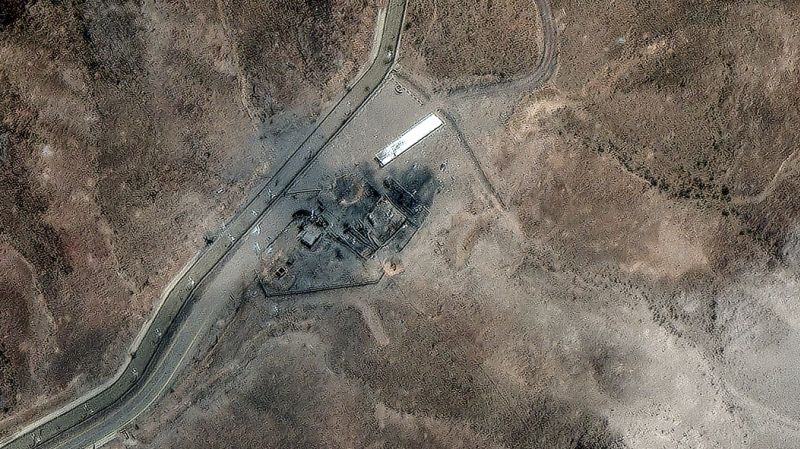
As American B-2 bombers streaked over Iran, targeting facilities tied to Tehran’s nuclear ambitions, policymakers and analysts in East Asia were already grappling with a critical question: What signal does this send to North Korea, a country whose nuclear arsenal is far more advanced than Iran’s?
Experts warn Washington’s military actions may harden Pyongyang’s resolve to accelerate its weapons program and deepen cooperation with Russia, as well as reinforcing its leader Kim Jong Un’s belief that nuclear arms are the ultimate deterrent against US-enforced regime change.
Despite yearslong efforts to persuade North Korea to abandon its nuclear weapons program, the Kim regime is thought to possess multiple nuclear weapons, as well as missiles that can potentially reach the United States – meaning any potential military strike on the Korean Peninsula would carry vastly higher risks.
“President Trump’s strike on Iran’s nuclear facilities will undoubtedly further reinforce the legitimacy of North Korea’s longstanding policy of regime survival and nuclear weapons development,” said Lim Eul-chul, a professor of North Korean studies at South Korea’s Kyungnam University.
“North Korea perceives the recent US airstrike as a preemptive military threat and will likely accelerate efforts to enhance its own capability for preemptive nuclear missile attacks,” said Lim.
That acceleration, analysts caution, could come through Russian assistance, thanks to a blossoming military relationship the two neighbors have struck up in the wake of Moscow’s invasion of Ukraine.
Read more here.

